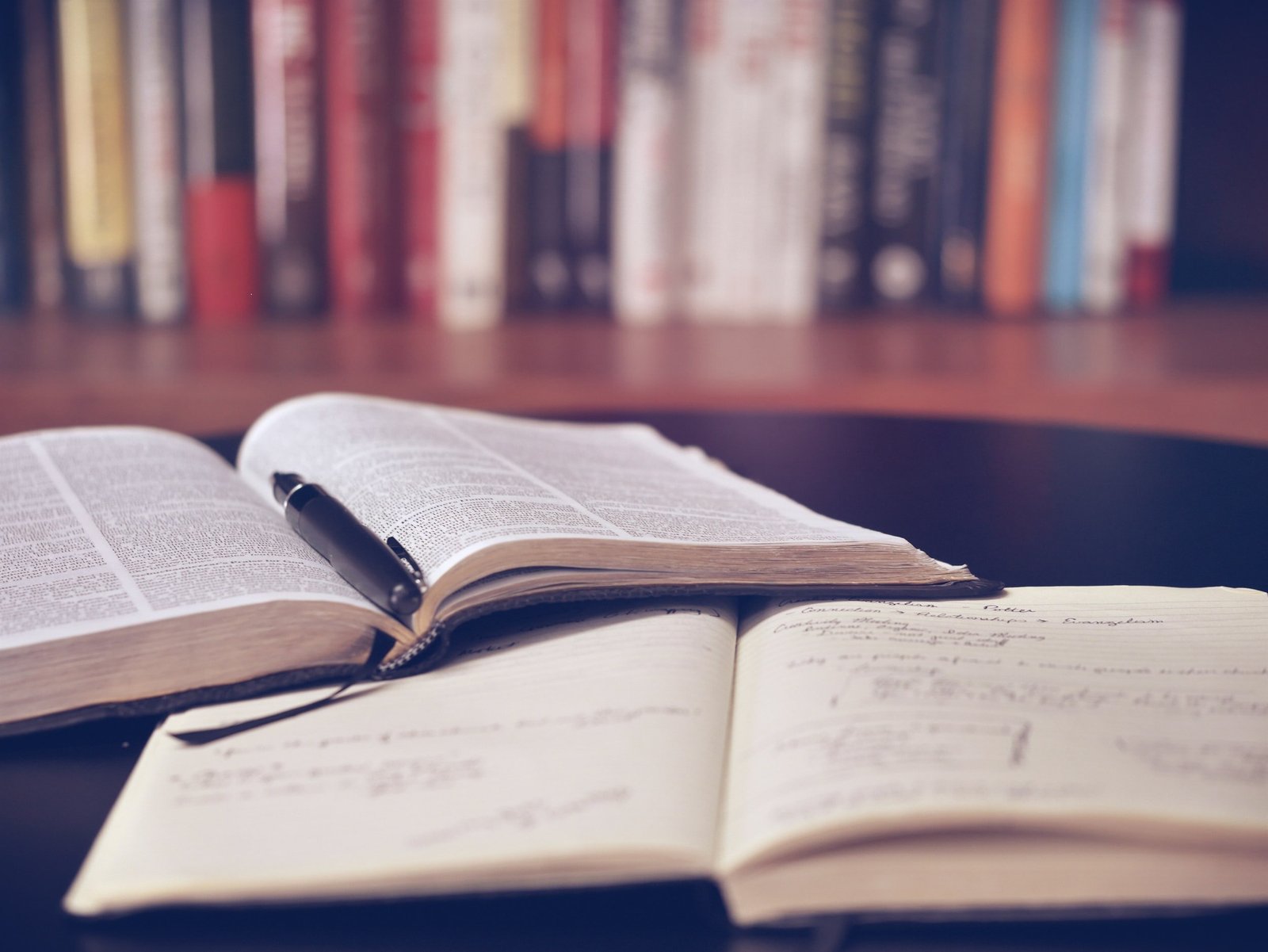We all want to have more time to hang out with friends, watch that new Hollywood release, or play that amazing game on Steam. The problem is, studying deprives us of ‘me time’, and oftentimes steals evening hours meant for sleeping. In this article, we teach you a simple trick to spend less time studying, and grasp new complex concepts with ease.
Don’t study non-stop.
Some people may tell you that they studied day and night for an exam, for 6 hours straight, without breaks. At the time, this may have been viewed as the routine of someone bound for great success, or someone with great dedication.
We are here to tell you those methods of studying are inefficient, and a complete waste of your time. Why?
Your efficiency as you study can be graphed like so:
Efficiency while Studying
As time goes on, you start to lose focus, make mistakes, and your studying becomes fruitless.
The solution?
Take breaks.
We recommend taking a 5-minute break per 30 minutes of studying, as this is usually when your focus starts to deteriorate. Here is what the same graph looks like with breaks.
Efficiency while Studying (With Breaks)
As you can see, we are keeping efficiency at an 85 average in our whole session, and our efficiency level keeps increasing once we take a break. This makes for much more effective studying, and can save you hours of useless non-stop studying. With this method, you can study for an hour, and retain much more than you would be studying non-stop for 4 hours.
The Power of Connection
If you look at an image of brain neurons, it looks something like this:
You see those blue lines, almost like strings? Those are connections to other neurons. The brain thinks by making connections, which is why implementing connections into your learning can save you hours of rewatching lectures, and Googling.
Your brain is like a train. Ideas are riding the train of thought, and new ideas need a ticket to board. New ideas need to be related to something you already know in order to get a ticket.
Here is an example:
Instead of looking at a mathematical graph like this:
Think of it like this:
Don’t look at a math problem as: y = 25x for x = 5. Connect it to a scenario you are familiar with in real life:
Ron makes $25 per hour cleaning dishes. Let x represent the number of hours that he cleans, and y stand for the total money he makes from cleaning for a shift. How much does he make from a 5-hour cleaning session?
If you can take a complex problem and connect it to something you are familiar with, it makes grasping the concepts much easier.
Not sure how to make connections to a problem?
Here is how:
-
Pick out keywords in the concept you are trying to grasp. These words should describe what is happening in the problem, or should give some context on what the problem entails.
-
Think about anything that comes to mind when you think about those keywords. If anything comes to your mind, make a mental note, or write it down.
-
Sift through those ideas, and pick the one which is easiest to understand while still staying relevant to the problem.
Voila!
Try to use this in your next lecture, or when you are reviewing notes. As you keep using it, forming connections will become easier and easier until it becomes second nature. If you can grasp any concept, what is there to stop you?
Time, time, time. It is the most valuable currency in our lives, and we just don’t seem to get enough of it. The problem is that we don’t know how to use our time efficiently because we were never taught how to. We are expected to learn, but use a curriculum which assumes we all learn the same. That is, the biggest benefit you can give yourself, the biggest superpower in your life, is learning how to change the playing field to your advantage. With this method, along with other tips mentioned in this blog, you can become your best, most productive self.
Need a tool to help you out? Check out Clickup, a productivity tool that I use daily to organize my life. This is the best tool for studying, as it gives you access to powerful tools like Docs for notes, Time Tracking for keeping track of assignment progress, and notifications so you never forget a single assignment, ever.






Leave a Reply